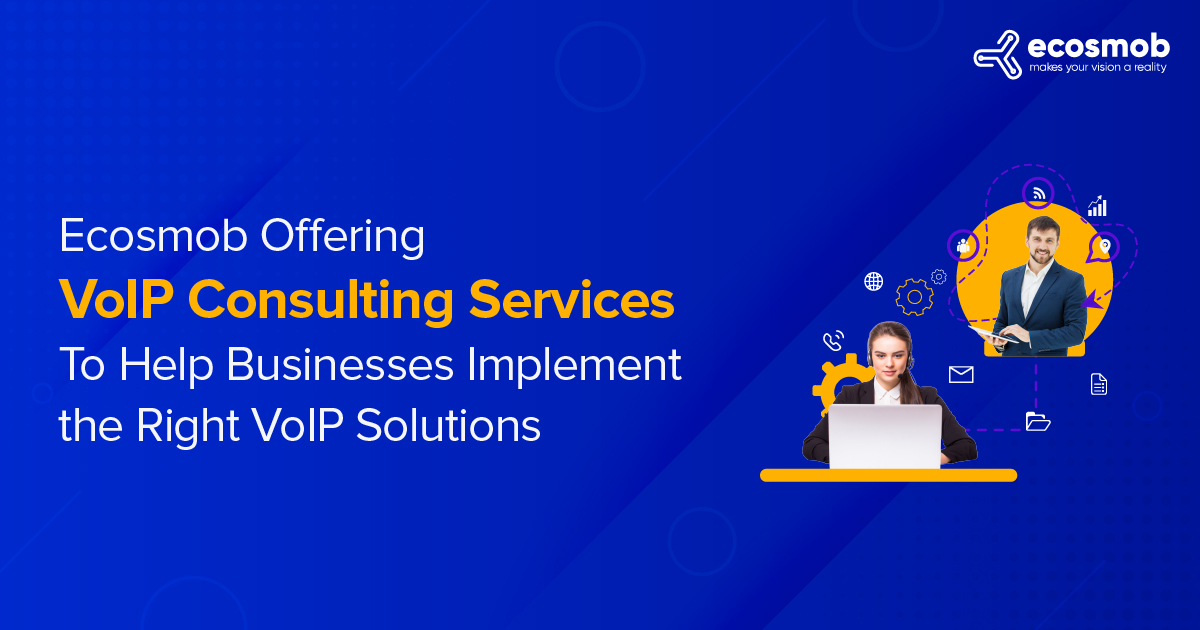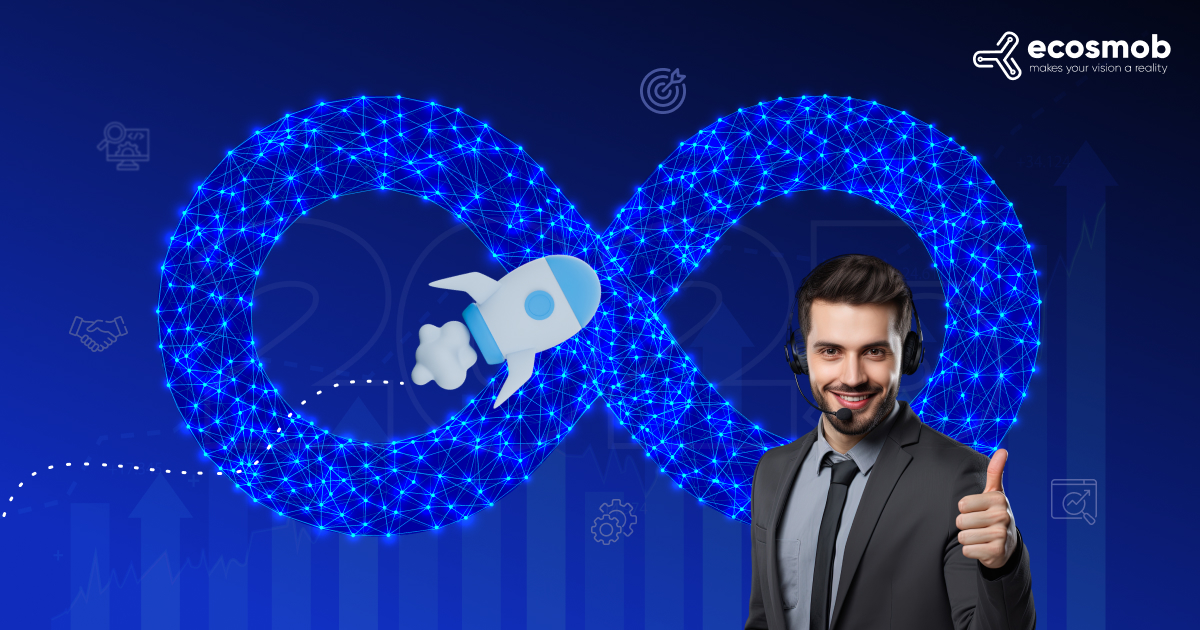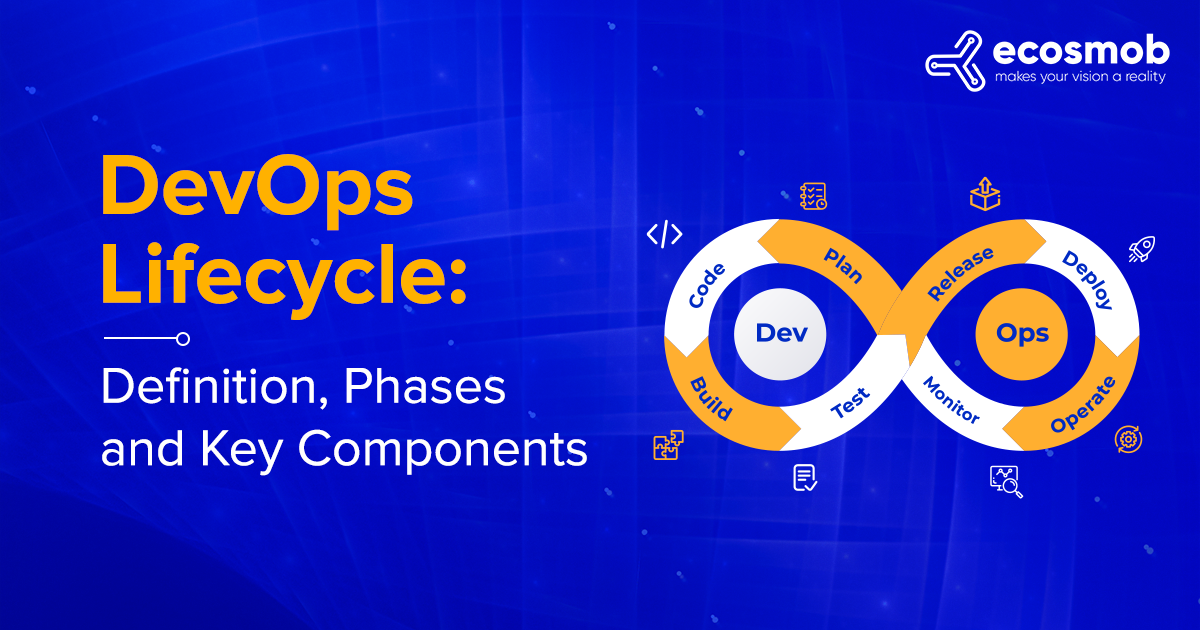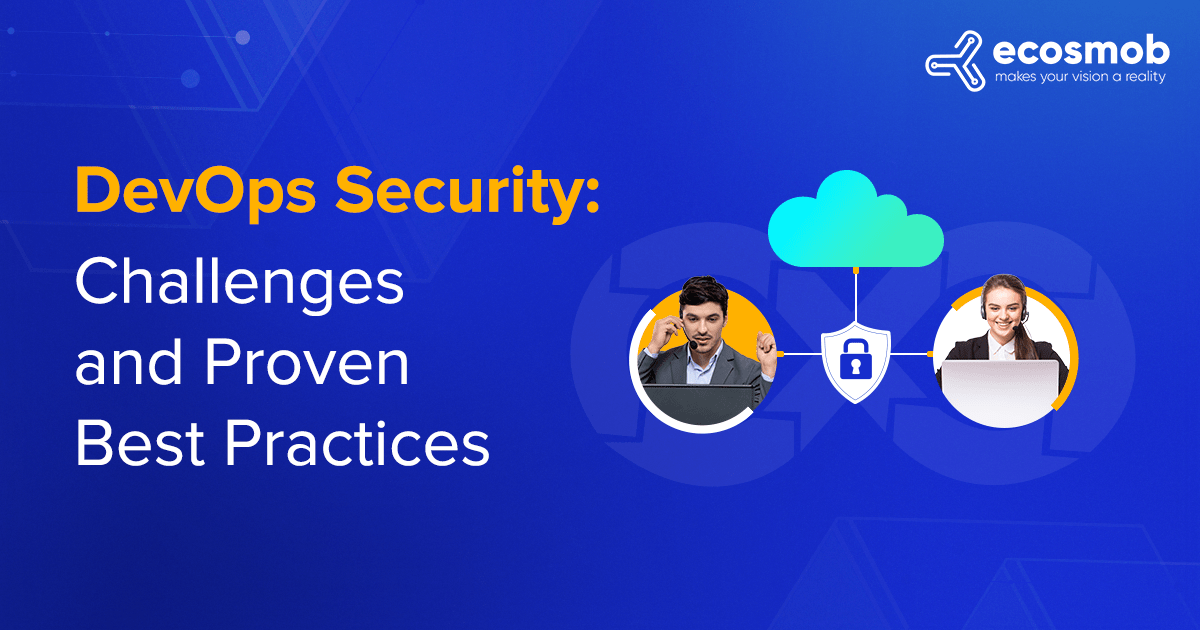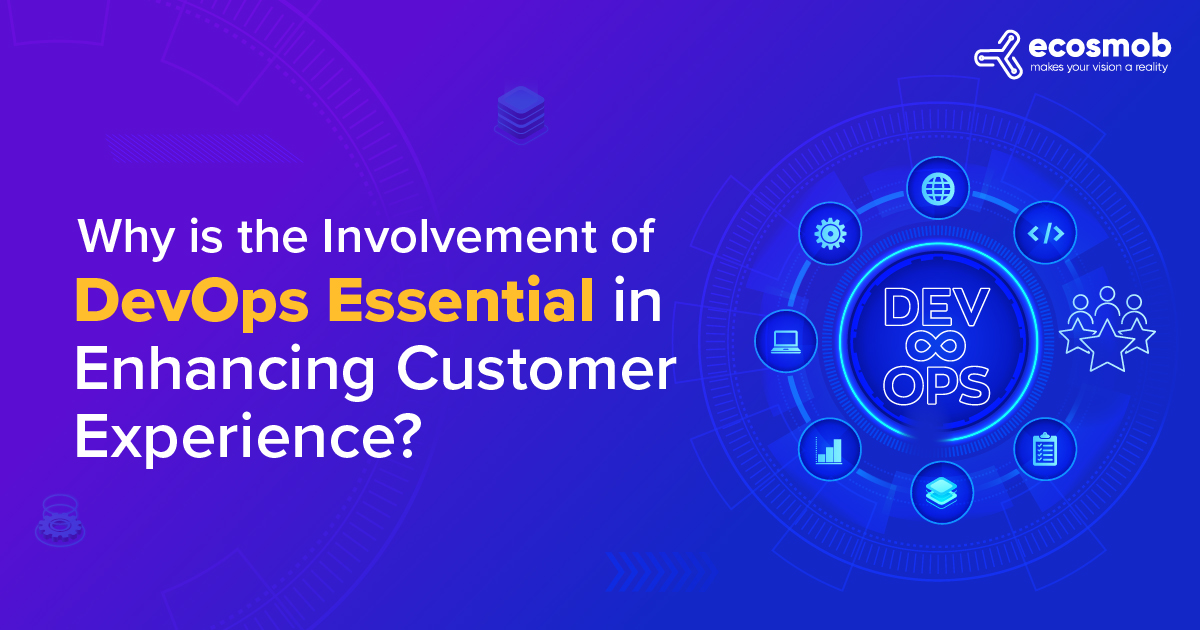QUICK SUMMARY
The following blog explores the evolving role of DevOps in 2025, highlighting its impact on automation, security, and collaboration. It also delves into future trends like AI-driven workflows, GitOps, and platform engineering that are shaping the DevOps landscape.
Ever wonder how top tech giants roll out new features faster than you can finish your morning coffee?
Well, that’s the magic of DevOps – and in 2025, it’s only getting smarter, faster, and more essential.
With businesses racing to stay ahead, DevOps has become the secret sauce that keeps development and operations teams aligned, ensuring rapid releases, better quality, and happier users.
But what exactly is DevOps doing in 2025, and what trends are shaping its future?
Let’s dive in.
Transform Your Business With Expert DevOps Consulting.
What is DevOps?
DevOps, a harmony of Development and Operations, bridges the technical and cultural gap between software development and IT operations teams. It champions a collaborative, streamlined approach that enables swift application delivery and constant improvement. The year 2023 has established DevOps as an inescapable necessity for companies striving to keep up with the fast-paced digital race. But why does DevOps hold such significance? Let’s explore.
DevOps in 2025
In 2025, DevOps isn’t just about faster releases; it’s a crucial strategy for business resilience and growth.
By 2027, 80% of organizations will incorporate a DevOps platform into their tooling to reduce complexity and streamline software delivery, up from 25% in 2023., according to Gartner.
Surveys like these highlight how DevOps is no longer a luxury but necessary for businesses of all sizes and sectors. The critical bridge allows for seamless communication, collaboration, and integration between traditionally siloed software development and IT operations teams by automating workflows and empowers organizations to innovate rapidly while reducing downtime and security risks.
Accelerating Digital Transformation
With the global pandemic pushing businesses online, the pace of digital transformation has rocketed. DevOps plays a central role in this process, enabling organizations to maintain the speed and agility required to innovate and adapt.
Improved Team Synchronization
In traditional software development models, developers and operations teams work in isolation, leading to miscommunication, differing priorities, and, eventually, slower delivery times.
DevOps, however, shatters these silos by integrating and aligning goals. It encourages a culture of collaboration and transparency, fostering productivity. These aspects translate into a streamlined process that accelerates product development while ensuring high quality and stability.
Efficient Deployment and Scalability
Today’s market environment is characterized by its rapid pace, with delays often proving detrimental to the survival of a product or even an entire business.
DevOps solutions address this challenge by employing Infrastructure as Code (IaC) and CI/CD pipelines, significantly expediting the software release cycle. Automated deployments through these mechanisms ensure consistency across all environments – from development to production. This standardization minimizes the risk of deployment errors and drastically reduces time-to-market, making DevOps an essential strategy for organizations striving for agility and speed in 2023.
Moreover, the DevOps approach enables efficient scalability, an essential aspect in 2025 when dealing with fluctuating market dynamics and customer expectations.
Mitigating Risk
DevOps’s beauty lies in its capability to speed up software delivery and its emphasis on maintaining product stability. The integration of quality assurance in the DevOps pipeline is accomplished through automated testing, including unit, integration, and functional tests, which are conducted at every stage of the software delivery process. Automated tests eliminate the risk of human error, detect bugs earlier in the process, and improve the overall product quality.
Additionally, DevOps practices include performance monitoring and logging to detect and troubleshoot system issues promptly, ensuring the delivery of reliable and user-friendly products.
Now that we’ve emphasized the significance of DevOps in 2023, it’s time to explore the latest DevOps trends driving its evolution.
Latest DevOps Trends of 2025
The year 2025 has ushered in a wave of innovative DevOps trends, enabling organizations to navigate the complexities of the digital era.
- AI/ML Integration Artificial intelligence and machine learning are enhancing DevOps automation, predicting potential failures, and optimizing deployment pipelines. This trend has become a core part of DevOps industry trends in 2025.
- DevSecOps – Security as Code With security concerns at an all-time high, DevSecOps integrates security practices directly into the development lifecycle. This ensures vulnerabilities are caught early, strengthening system protection — a crucial part of DevOps adoption trends.
- Automation at Scale In 2025, automation will dominate the landscape of DevOps trends. From CI/CD pipelines to automated testing and infrastructure provisioning, businesses are automating more tasks to improve efficiency.
- Serverless Architecture Serverless computing is gaining momentum in DevOps future trends, allowing developers to focus on coding rather than managing infrastructure. This shift is boosting scalability and reducing costs.
- Kubernetes for Orchestration Kubernetes adoption continues to skyrocket as businesses prioritize containerization to manage complex applications. As a result, Kubernetes remains a staple in DevOps trends 2025.
- Microservice Architecture Microservices are enabling faster DevOps development lifecycle and improved scalability. This modular approach aligns perfectly with modern DevOps adoption strategies.
- Low-Code Applications To accelerate development, low-code platforms are gaining traction. By empowering teams with minimal coding experience, businesses can innovate faster while maintaining quality.
- GitOps for Configuration Management GitOps simplifies infrastructure management by using Git as the single source of truth for deployments and updates. This practice enhances security and traceability, making it a key focus in DevOps adoption trends.
- Cloud Platform Expansion Organizations are rapidly expanding their cloud strategies, adopting multi-cloud and hybrid solutions for improved flexibility. Cloud growth is pivotal to the future of DevOps.
- Vulnerability Management Proactive vulnerability management tools are becoming essential in 2025. By identifying and addressing security risks early, businesses are strengthening their DevOps practices.
- Analytical DevOps Data-driven insights are transforming DevOps decision-making. Analytical tools now predict performance bottlenecks and optimize resource allocation for better efficiency.
- Hybrid Deployment Models To support complex environments, hybrid deployments that blend on-premises and cloud infrastructure are gaining traction in DevOps industry trends.
- Edge Computing Integration With the rise of IoT, DevOps teams are leveraging edge computing to manage data closer to the source, ensuring faster response times and improved performance.
- Data Observability Advanced observability solutions now provide deeper insights into data pipelines, improving visibility, debugging, and performance optimization.
Thanks to DevOps automation, Netflix engineers push new code every few minutes, ensuring seamless updates without downtime – even when you’re mid-binge!
Summing Up
In conclusion, the importance of DevOps in 2025 cannot be overstated. These emerging DevOps trends highlight the dynamic nature of DevOps, constantly evolving and improving to meet the challenges of modern software development and operations. It’s not just a trend but a vital approach for organizations targeting efficient software delivery, better collaboration, and robust reliability.
DevOps and its latest trends provide the foundation for agility, innovation, and growth as businesses grapple with rapidly evolving digital landscapes.
Embracing these DevOps trends with Ecosmob Technologies will empower organizations to stay ahead of the curve and deliver high-quality, reliable, and secure software solutions.
Take Your Organization's Efficiency to New Heights With Our Cutting-Edge DevOps Solutions.
FAQs
What is DevOps?
DevOps is a software development approach that merges development (Dev) and operations (Ops) to enable faster, more reliable, and automated software delivery. It focuses on continuous integration, continuous deployment (CI/CD), collaboration, and automation.
How is DevOps different from traditional IT operations?
Traditional IT follows a waterfall model, where development and operations are separate, leading to slower releases. DevOps, on the other hand, integrates both teams to ensure faster, continuous, and automated software delivery.
What is DevOps security?
DevSecOps (Development, Security, and Operations) integrates security practices into the DevOps lifecycle, ensuring that security is built-in from the start rather than being an afterthought.
Why is security important in DevOps?
Without security, DevOps can introduce vulnerabilities due to rapid releases. Security in DevOps ensures that cyber threats, compliance issues, and breaches are prevented without slowing down development.
What are the biggest security challenges in DevOps?
Exposed APIs, unprotected cloud environments, poor identity management, lack of automated security updates, delayed threat detection and response.



